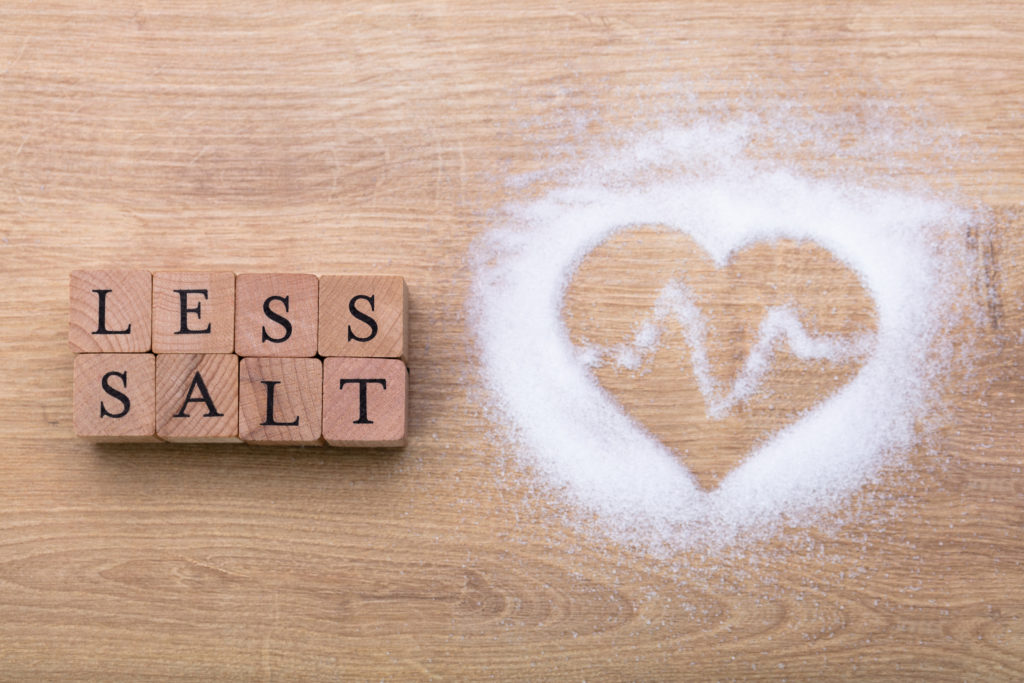
How Sodiums Affects Your Health
Our bodies need certain minerals to stay in balance. For example, sodium is a necessary mineral in our diet to keep our bodies running properly. But, too much sodium can lead to many health issues.
Sodium is an essential nutrient that helps balance the water in our body. It is important for muscle and nerve function. It also plays an important role in regulating blood pressure. When we eat and drink things high in sodium it causes our bodies to hold on to extra water in an attempt to wash out the extra sodium. This causes increased pressure of the blood vessels and heart, which causes your blood pressure to go up. We recommend being very mindful of how much sodium you consume on a daily basis by encouraging you to eat less salt.
The Difference Between Sodium and Salt
Sodium is an essential mineral in the body. Sodium helps keep fluids in balance. Salt is a chemical compound, made up of mostly sodium. Therefore sodium is in salt — not the other way around!
Should I limit sodium?
Too much salt in the diet can lead to hypertension, heart disease, and stroke.
A small amount of sodium is needed for the body to function properly. However, too much sodium causes your body to hold onto extra water in an attempt to “wash” out the salt. This additional water in the body results in added stress on the heart and blood vessels and this increases blood pressure.
How much sodium is too much?
“The American Heart Association recommends no more than 2,300 milligrams (mgs) a day and an ideal limit of no more than 1,500 mg per day for most adults, especially for those with high blood pressure.”
Salt vs. Sodium Equivalents
¼ tsp salt = 575 mg sodium
½ tsp salt = 1,150 mg sodium
¾ tsp salt = 1,725 mg sodium
1 tsp salt = 2,300 mg sodium
Most adults eat more sodium than they should. It is important to limit how much salt you consume every day. Here are ways you can reduce your sodium intake:
- Avoid table salt.
- Look for low-sodium levels on nutrition labels.
- Choose “low-sodium,” “sodium-free,” and unsalted when possible.
Source: https://www.heart.org
